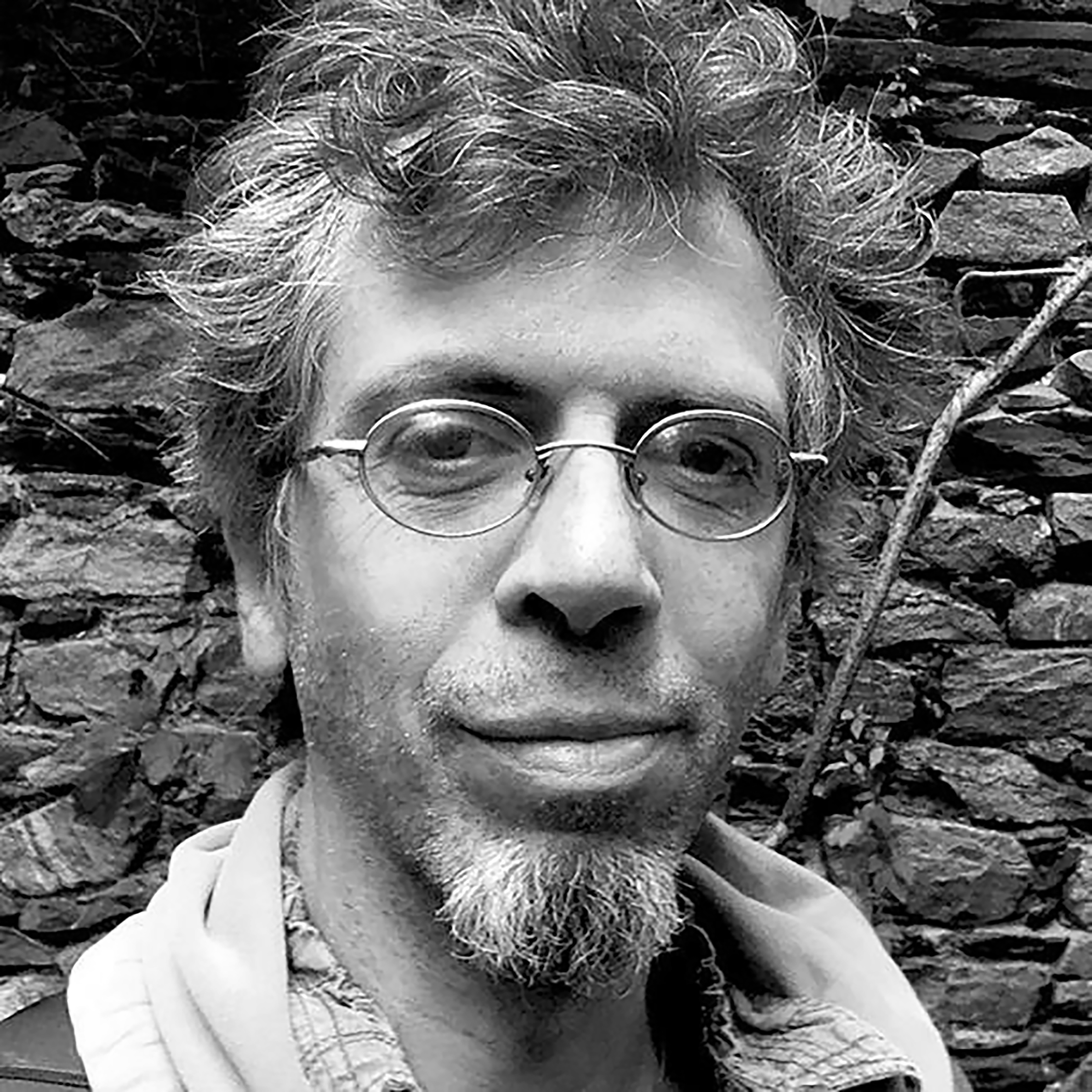túmba la caña jibarito
Fieldworkers: takes hard work, my father’s be-father / to save your soil
my other’s be-other / to sync your psyche, my younger’s be-younger
to solo your path
Chorus: túmbala poeta
túmbala the mind
túmba l’undulating
lenguas you can’t find - am -
Poet: i / the other if
you’re / a -
live - are
you / the other am -
i the i
Chorus: túmbala poeta
túmbala palabra
túmbala promesa
túmbala mañana
tryin’ to be the people
’tween a border - isn’t
tryin’ to free the people
’tween a former word - can you -
Poet: switch / your English
tongue / to
drum - the
glitch / you finish the
fissure’s son
Chorus: symbolize d’vision
symbolize d’cision
symbolize a’vision
symbolize i’gnition
túmbala cañita
túmbala casita
túmbala palmera
túmbala fascista
túmbala poeta
campa no’isaida
túmbala yoricua
yunca la compay - do -
Poet: i / portray the
why / you
fear - do
you / forsake the -
why - you hear
Fieldworkers: gonna swing m’machete, sing a’zucar man field / gonna
shine m’forever
sing a’zucar man field / gonna blind m’forever, sing a’zucar man field
gonna find m’forever / sing a’zucar man field
Chorus: túmbala palabra
sí sí - voca’seeker
túmba’mericana
sí sí sí - the higher
túmbala poeta
sí sí sí - the ride
túmba l’undulating
lenguas you can’t hide - your -
Poet: mind / a field your
rise / a
fight - your
light / among a
million lives
Chorus: túmbalize a lingo
lingualize arrival
túmbalize a people
lingualize a right
túmbala poeta
túmbala palabra
túmba jibarito
túmbala all night - but i -
Poet: got / to go i
got / to
glide - on
my / erasure
one more time - i leave / you
with / this
one more / high
- in the -
grand / we of
things / we
choose - do we
stand / to be of
things - we lose
Copyright © 2024 by Edwin Torres. Originally published in Poem-a-Day on December 26, 2024, by the Academy of American Poets.
“It was during an exchange with Victor Hernández Cruz, where I mentioned the balance between my daily job and my real job, poetry. He responded about his own years of hard work and the need to keep knocking down that sugar cane—‘túmba la caña jibarito’—he told me. In that work ethic, I heard an immediate connection to the labor of poetry’s unveiling; how the job of the language-maker is to surface underneath existing obstacles of definition and literally knock down the structures that confine change by tumbling the poem—tumbala poeta. This poem found its form in the rhythm of the fieldworker, implemented by lineage: the elder telling the younger, beyond that initial spark, that the interplay of language is an opening for inclusion, an opening for the human spirit to acknowledge an essential rite of survival.”
—Edwin Torres

